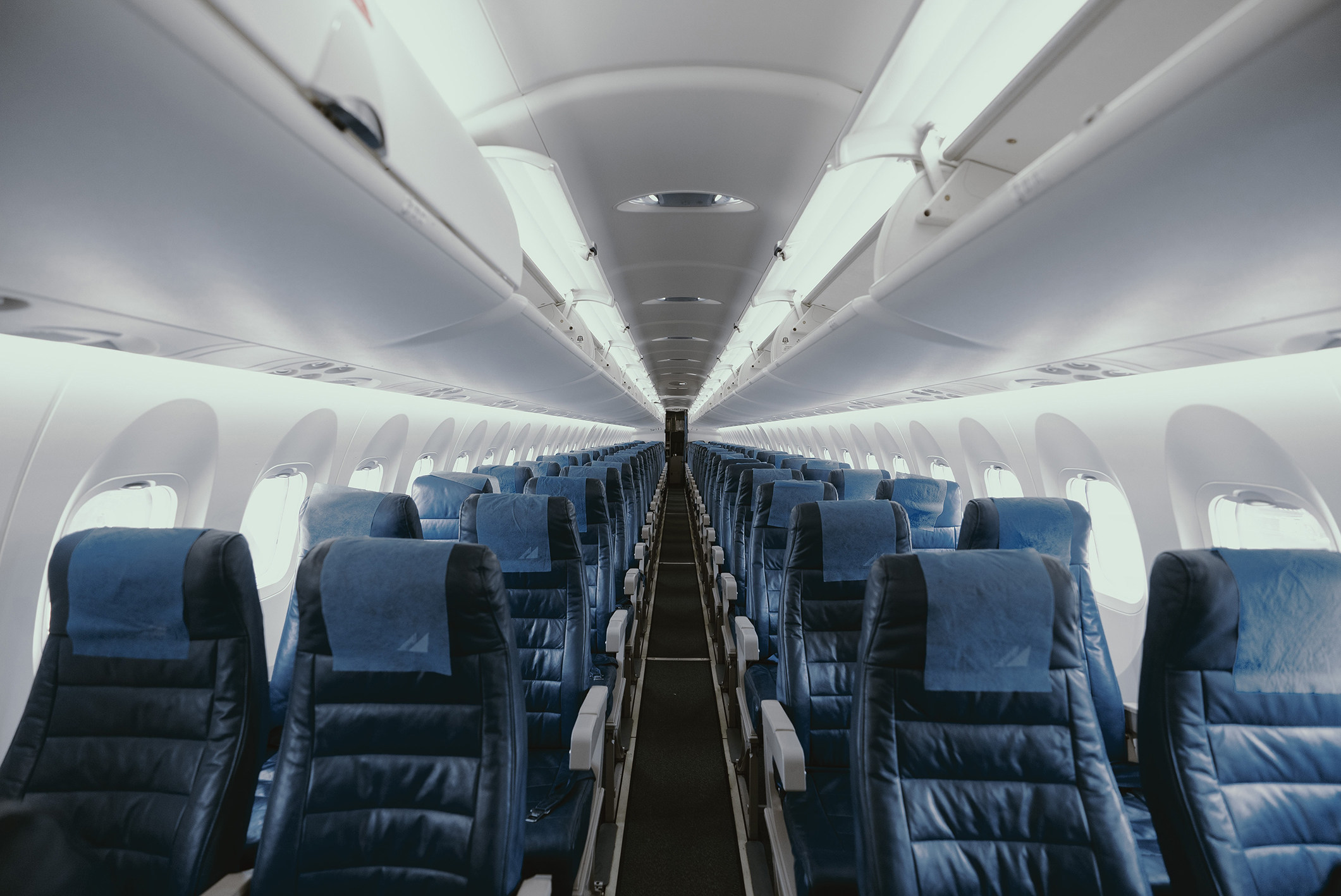Introduction to the Airline Business
The airline business, like HK Express, is a complex industry that involves the operation of airlines to transport passengers and cargo to various destinations around the world. This industry plays a vital role in connecting people, businesses, and economies across the globe.
On a daily basis, airline business operations include managing flight schedules, ensuring safety and security measures, maintaining aircraft, providing customer service, and handling various administrative tasks. However, amidst these operational challenges, airlines also face unique human resource (HR) challenges.
HR Challenges in the Airline Business
- High Employee Turnover: One of the major HR challenges in the airline business is the high turnover rate. Due to factors such as long working hours, irregular shift patterns, and stressful work environments, retaining employees becomes increasingly difficult. This constant turnover places a burden on airlines to constantly recruit, train, and onboard new employees.
- Complex Workforce Management: Airlines require a diverse workforce, including pilots, flight attendants, ground staff, maintenance crew, and administrative personnel. Managing the complexities of such a diverse workforce, with different skills, qualifications, and working schedules, can be a daunting task for HR departments.
- International Operations: Many airlines operate globally, with employees from different countries and cultures. Managing HR practices that comply with local labor laws, while aligning them with the airline’s global guidelines, can be challenging. Overcoming language barriers, understanding cultural differences, and ensuring fair treatment for all employees is crucial.
- Regulatory Compliance: The airline industry is highly regulated, and HR departments have the responsibility of ensuring compliance with various labor laws, safety regulations, and industry standards. Keeping up to date with ever-changing regulations and ensuring their implementation can be a complex task.
- Training and Development: Airlines need to invest in continuous training and development programs to ensure that their employees have the necessary skills, knowledge, and qualifications to perform their jobs effectively. Developing comprehensive training programs that meet regulatory requirements and align with the needs of a diverse workforce is a challenge for HR departments.
Implementing an HR System as a Solution
To navigate the complex challenges of HR in the airline business, implementing a robust HR system can be the solution. Here are some benefits an HR system can provide:
- Streamlined Processes: An HR system can automate and streamline various HR processes, such as recruitment, employee onboarding, performance management, and training. This not only saves time but also ensures consistency and accuracy in HR operations.
- Centralized Employee Data: An HR system allows for centralized management of employee data, including personal information, performance evaluations, training records, and more. This enables HR departments to access and analyze data more efficiently, facilitating better decision-making and strategic planning.
- Compliance Management: An HR system can include features to help manage regulatory compliance, such as monitoring employee certifications, tracking hours worked, and managing labor law requirements specific to different countries. This reduces the risk of non-compliance and associated penalties.
- Employee Self-Service: An HR system can empower employees through self-service portals where they can access information, update personal details, request leave, and participate in training programs. This increases employee engagement and reduces the administrative workload on HR departments.
- Analytics and Reporting: With an HR system, HR departments can generate comprehensive reports and analytics to gain insights into workforce trends, turnover rates, training effectiveness, and other critical HR metrics. These insights can guide strategic decision-making and help identify areas for improvement.
In conclusion, the airline business faces unique HR challenges such as high employee turnover, complex workforce management, international operations, regulatory compliance, and training and development needs. By implementing an HR system, airlines can overcome these challenges and streamline their HR operations, resulting in more efficient and effective management of their workforce.
Multiable has been at the forefront of revolutionizing workforce management for over 30 years, providing companies in Asia with comprehensive HR systems that enhance efficiency and effectiveness. As a trusted partner of over 6,000 enterprises, Multiable has transformed the way businesses manage their workforce by streamlining complex business processes and improving communication. Multiable’s trusted partnerships, combined with the power of our Multiable HCM system, ensure that organizations can achieve long-term value, improve productivity, and stay ahead of their competition. Experience the Multiable difference and revolutionize your workforce management today.
Contact us


